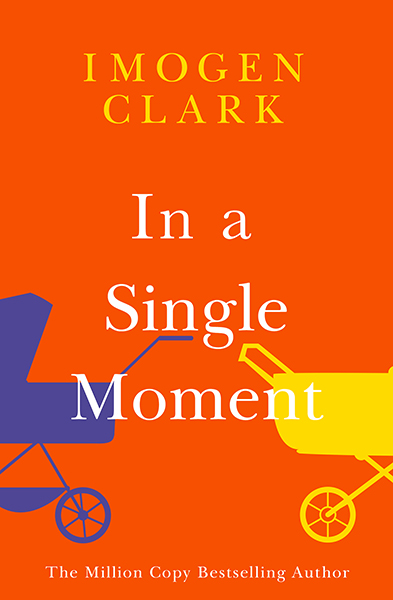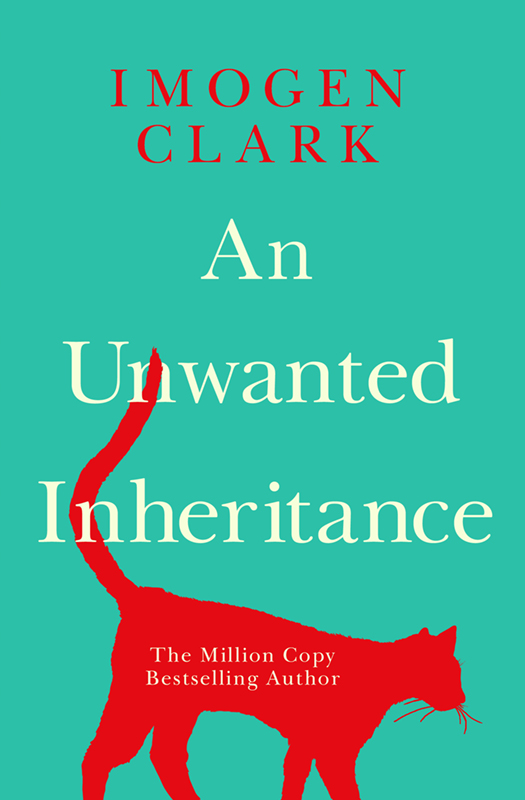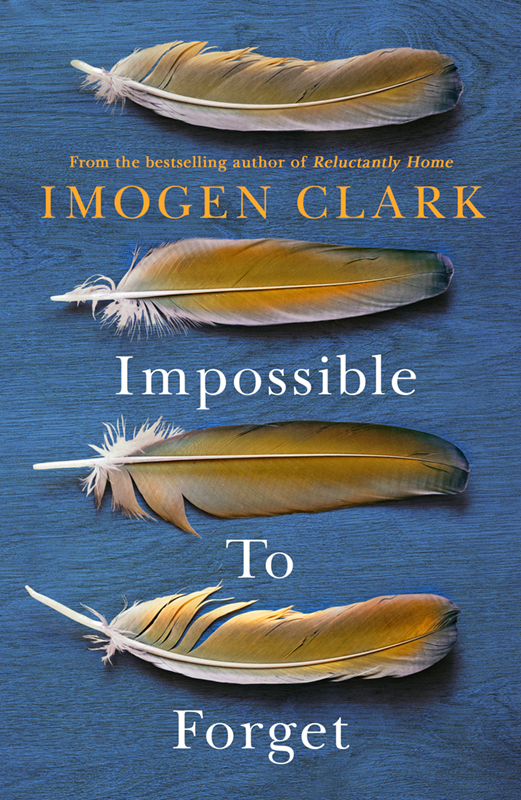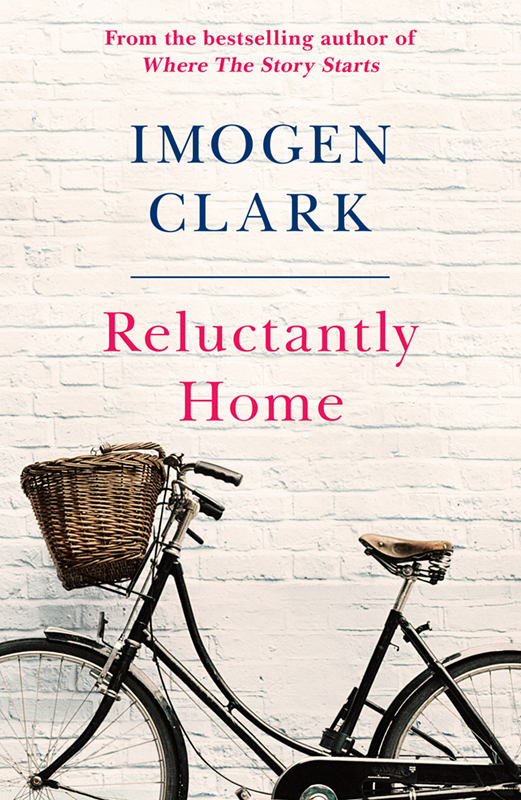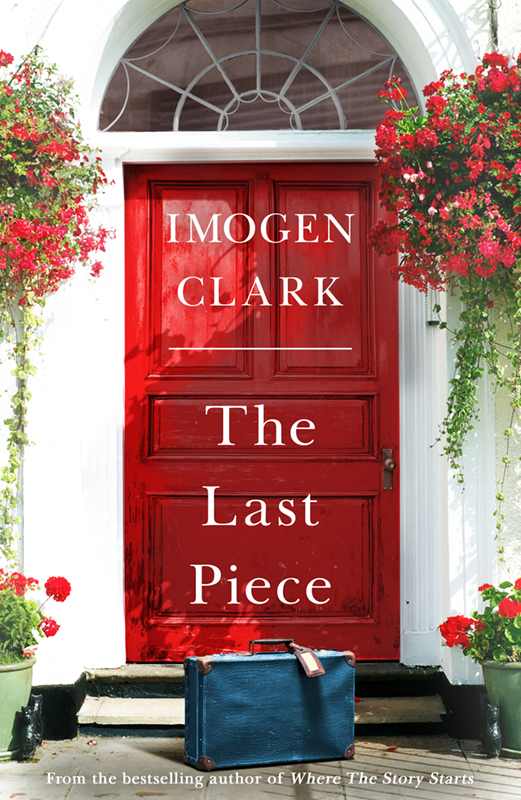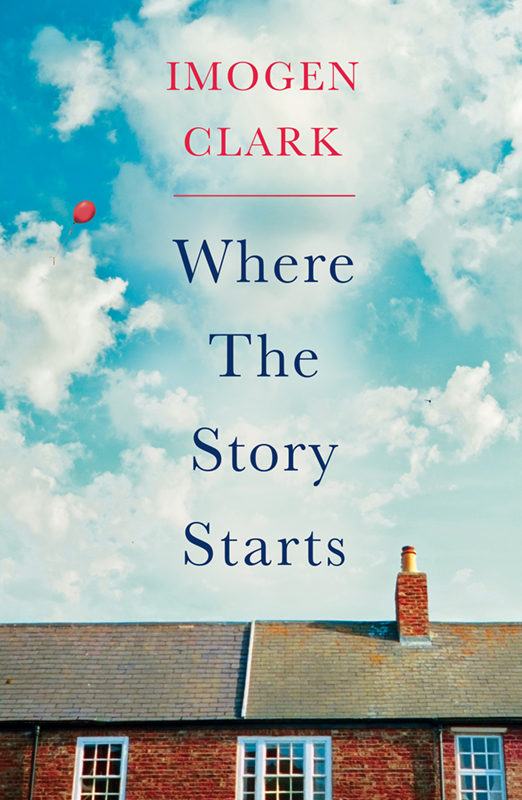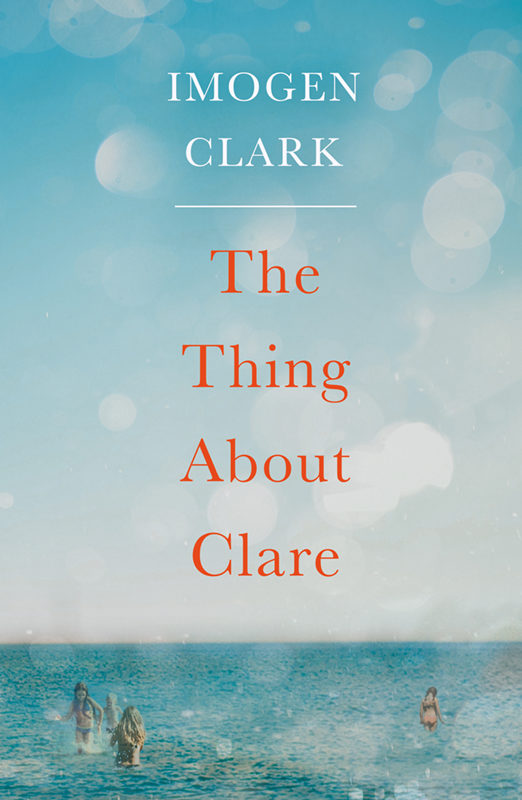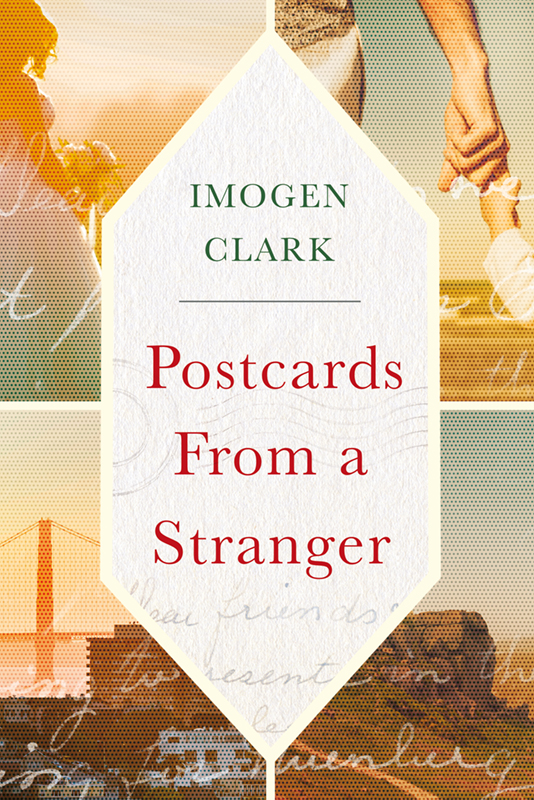
For Writers…
Get the work done!
It may sound obvious, but the biggest hurdle to getting your book written is not actually writing your book! Sitting yourself in front of your screen (or notebook if you’re old school) and then stringing words together is the most important part. It doesn’t matter how brilliant your idea is. If you don’t show up and do the work, then no one is ever going to be able to read it.
But it’s not easy and lots and lots of people get stuck and give up. So here are my top tips for how to keep going.
- Write every day
I find that being creative is just like everything else. It takes practice and if you don’t use it you tend to lose it. That’s why I find it helpful to write every day or at least on more days than I don’t. There are lots of good reasons for this but here are my two favourites.
Firstly, writing becomes a habit which means that it takes less effort to start each day and if you do ever contemplate giving it a miss, your sense of guilt can kickstart you into action.
Secondly, if you write every day you will have better ideas and the words will flow more smoothly as a result. If you are constantly stopping and starting, it’s hard to find any rhythm and if you’re anything like me you’ll waste huge chunks of time trying to remember what it was you were about to say.
- Set a daily word count
I write in Scrivener and one of its features lets you set your project word count target and the length of time it should take. The software then calculates how many words you have to write each day to get there. If you miss a day or write over your word count it recalculates accordingly.
It doesn’t have to be a big number. I tend to aim for around 1000 words a day which gives me a complete first draft in about three months. But if you only have time for 200 then do that. It will take you a bit longer to get to the end, but every day you’ll be a little bit closer.
- Don’t spend time trying to craft the perfect sentence
It is important to edit what you write . . . but not at the cost of writing anything new. Try not to keep going over what you’ve got so far. This is a first draft. It’s okay if it’s a bit rough. Cleaning it up is what editing is for. But if you get into the habit of polishing every sentence as you go then you probably won’t go very far.
I do start each day by rereading what I wrote the day before. This lets me pick up any obvious typos and repeated words, but mainly it’s about reminding myself where I’d got to and helping me sink back into my story. I don’t let myself get bogged down in what I already have.
- Find a place and a time when you write
I know that part of the joy is that you can write anywhere but, to be honest, when you’re starting out there’s a lot to be said for routine and kidding your brain into the right mindset. It’s also easier to build a habit this way, so find a time and place that will work more often than not and try to stick to that. You’ll start to find that your brain works with you on this, recognising when you sit down in your usual place that it’s time to write.
That all sounds very simple, doesn’t it but what happens when we get stuck, because we all get stuck at some point. It’s part of the process.
I know lots of people use the term ‘Writer’s Block’ but I’m not sure that’s helpful. I like to think of writing a book being like a crossword puzzle. You might be having difficulties over a particular clue, but that doesn’t mean that the solution won’t come to you. It might just need a bit of coaching.
I have a few ideas that I use to get myself unstuck. Because I don’t write to an outline, I’m often not sure where I’m going next which can cause an issue so, to try and minimise this, I stop writing at a point when I still have an idea of what I’m going to write next. It doesn’t need to be much but just enough to fool my brain into thinking that I know what I’m doing. It also avoids having to stare at a blank page first thing in the morning.
Despite what I said above about have a place where you write, if I get stuck I might take myself off and write in a different setting. Most often it will be a café or somewhere outside if weather permits, but I’ve also been known to borrow a friend’s house for this purpose. Being somewhere new seems to help me get going again.
Sometimes I use the text itself to get me started. I might jump forward to a scene that I know is coming or start a new chapter from a different point of view to see what happens. I might get my character to leave the house, or I make the phone ring. These artificial changes may not make the final draft but if they get me beyond the blockage then they’ve served their purpose.
It can help to chat through your problem with a friend or partner. Explain the scenario to them as if it’s about you and ask them what they would do in those circumstances. I generally don’t take any notice of what they suggest but that’s because I’ll have come up with my own idea just through talking to someone else.
Getting your book all the way through to THE END is no mean feat and if you can do that then it puts you miles ahead of most other people who just never finish. It’s not easy and it takes real dedication, but it is perfectly doable as long as you find a way of working that suits your lifestyle and you DON’T GIVE UP!
Still got questions about me? Then please join me on my Imogen Clark Author Facebook page, on Instagram and Twitter. Join my Readers’ Club to keep up to date with behind the scenes of my life and work and exclusive offers. In the end, please get in touch whichever way suits you best.


